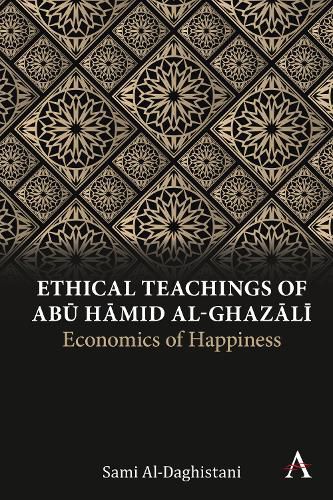Readings Newsletter
Become a Readings Member to make your shopping experience even easier.
Sign in or sign up for free!
You’re not far away from qualifying for FREE standard shipping within Australia
You’ve qualified for FREE standard shipping within Australia
The cart is loading…






This book studies the interplay of economic philosophy and moral conduct as reflected in the writings of one of the most renowned scholars in Islamic history, Ab mid Muammad ibn Muammad al-Ghazl (d. 1111). As is well known, Imm al-Ghazl, nicknamed "the proof of Islam", contributed immensely to Islamic theology, philosophy, and Sufism or Islamic mysticism (taawwuf). Strikingly enough, al-Ghazl also made seminal contributions to the field of economic thought, but this contribution has been largely neglected, although al-Ghazl dedicated many chapters to what he considered just andShar'a-based economic conduct in (Muslim) society. This book aims to analyse and revive al-Ghazl's understudied contribution to economic thought by emphasizing his economic philosophy and its correlation betweenShar'a'smoral law and the tradition oftaawwuf, as well as to situate his thought within the context of modern economic theories.
$9.00 standard shipping within Australia
FREE standard shipping within Australia for orders over $100.00
Express & International shipping calculated at checkout
This book studies the interplay of economic philosophy and moral conduct as reflected in the writings of one of the most renowned scholars in Islamic history, Ab mid Muammad ibn Muammad al-Ghazl (d. 1111). As is well known, Imm al-Ghazl, nicknamed "the proof of Islam", contributed immensely to Islamic theology, philosophy, and Sufism or Islamic mysticism (taawwuf). Strikingly enough, al-Ghazl also made seminal contributions to the field of economic thought, but this contribution has been largely neglected, although al-Ghazl dedicated many chapters to what he considered just andShar'a-based economic conduct in (Muslim) society. This book aims to analyse and revive al-Ghazl's understudied contribution to economic thought by emphasizing his economic philosophy and its correlation betweenShar'a'smoral law and the tradition oftaawwuf, as well as to situate his thought within the context of modern economic theories.